
In recent weeks, and as the Nov. 4 election day approaches, California residents have been bombarded with advertisements and voters have received ballots in the mail with only one thing to vote for or against: Proposition 50. The state’s official and nonpartisan voter guide says that the measure is a legislative constitutional amendment that “authorizes temporary changes to congressional district maps in response to Texas’ partisan redistricting.”
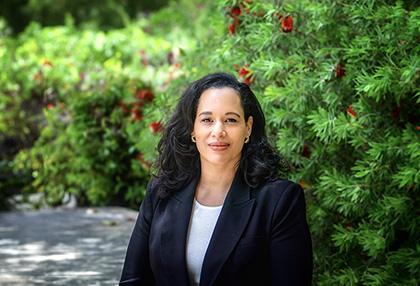
UCLA School of Law professor Anna Spain Bradley, an expert in international law, international dispute resolution, and human rights, has been appointed to the MacArthur Foundation Chair in International Justice and Human Rights at the law school.
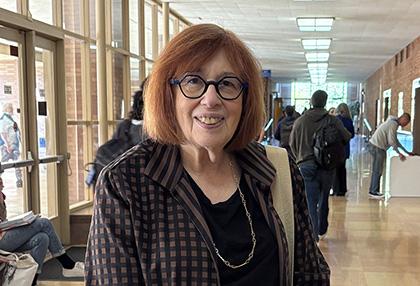
With the start of the U.S. Supreme Court’s term this month, UCLA School of Law has been at the forefront of discussion, scholarship, and advocacy before the high court. This included two events that featured nationally renowned legal commentators – the Pulitzer Prize-winning New York Times reporter Linda Greenhouse and University of Michigan Law School professor Leah Litman – in conversation with faculty experts.
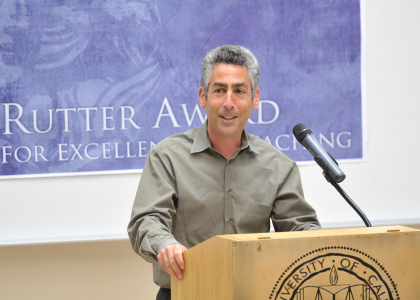
When the U.S. Supreme Court opened its term on Oct. 6, the first case on the docket was Villarreal v. Texas, an appeal that UCLA School of Law’s Supreme Court Clinic brought to the high court – and Professor Stuart Banner, who runs the clinic, was the first person to deliver oral argument before the justices.
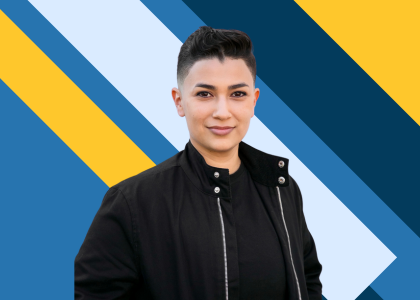
For Alexa Camarena ’14, the path to becoming counsel at Mattel, drawn by the company’s creative energy and successes like the Barbie movie, began with an unglamorous moment in high school: fainting at the sight of her own blood being drawn.
"I literally passed out. I was like, 'Well, there goes that dream' of becoming a doctor. So, there was lawyer left," Camarena recalls with a laugh.
-
J.D. Media, Entertainment and Technology Law & Policy
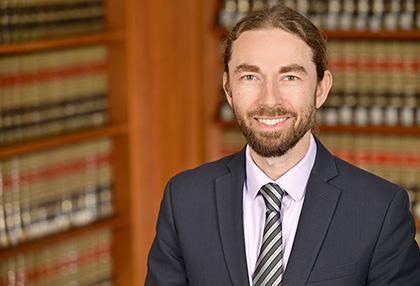
A new clinic at UCLA School of Law will give students the opportunity to provide meaningful, on-the-ground legal assistance to residents of greater Los Angeles who are housing insecure.
The inaugural director of the Housing Justice Clinic is Matthew Nickell, a civil rights and legal aid attorney who joins the law school from the Civil Rights Division of the U.S. Department of Justice, where he worked in the Special Litigation Section.
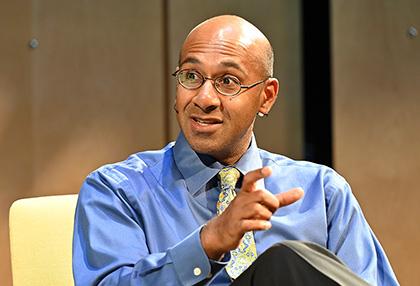
The Center for Immigration Law and Policy (CILP) at UCLA School of Law has collaborated to create a website and organizing tool that traces every deportation order by the federal government since 1895.
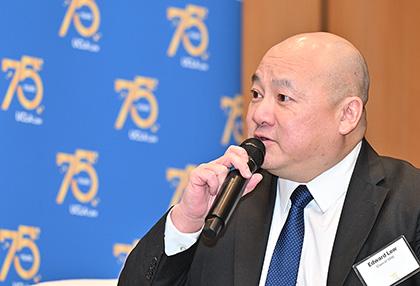
Ed Lew ’98’s journey from aspiring politician to Disney executive proves that sometimes the best career moves are the ones you don’t see coming.

The Sept. 10 shooting death of conservative activist Charlie Kirk on the campus of Utah Valley University follows the June shooting deaths of Minnesota state Rep. Melissa Hortman and her husband, and the shooting of Minnesota state Sen. John Hoffman and his spouse. Just a few months earlier, Donald Trump was targeted during the 2024 election campaign and Pennsylvania Gov. Josh Shapiro’s home was firebombed.
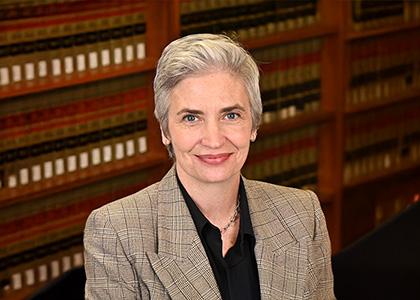
UCLA School of Law professor Joanna Schwartz, a leading scholar on police accountability and public interest lawyering, has been appointed to the Honorable Harry Pregerson Endowed Chair in Law.